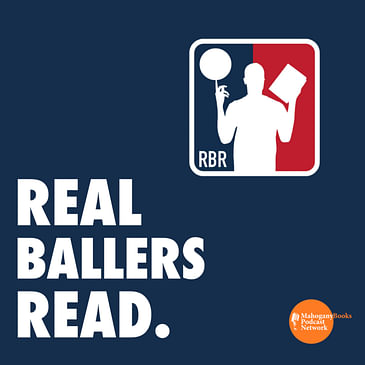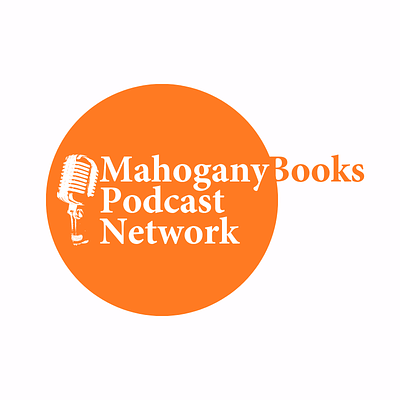We learned a lot about questions during this podcast, so we wanted to dedicate an episode to just asking each other fun questions and questions about questions. How many questions can you count?
--- Send in a voice message: https://podcasters.spotify.com/pod/show/realballersread/message Support this podcast: https://podcasters.spotify.com/pod/show/realballersread/support


